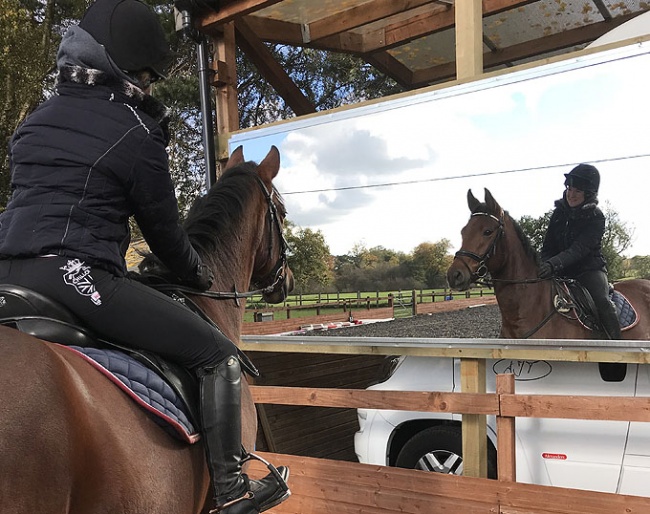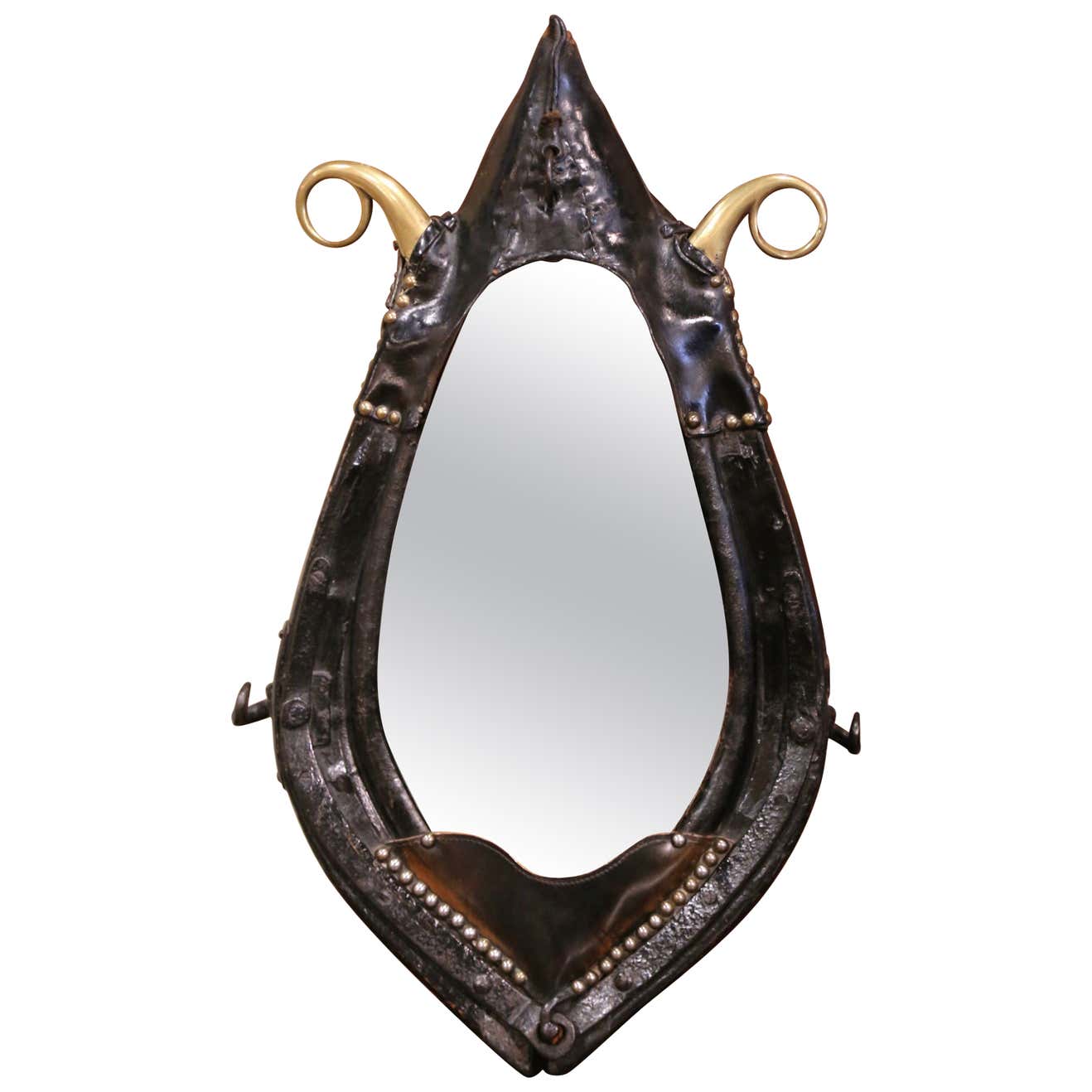The Horse as a Mirror: Equine-Assisted Mental Health

Equine-assisted mental health therapy is a unique and powerful approach that uses horses to help individuals explore and improve their emotional and psychological well-being. This method leverages the natural sensitivity and responsiveness of horses, which often act as mirrors reflecting the inner state of the person interacting with them.
Understanding the Concept: Horses as Emotional Mirrors

Horses are highly perceptive animals that respond to subtle cues in human behavior, body language, and emotional energy. Because they are prey animals, they are naturally attuned to detecting signs of fear, anxiety, and stress. When a person approaches a horse, the horse’s reactions can reveal unspoken feelings and unconscious patterns, providing valuable feedback that can be used therapeutically.
How Horses Reflect Human Emotions

- Non-verbal Communication: Horses communicate primarily through body language, making them sensitive to the non-verbal signals humans emit.
- Emotional Feedback: A horse’s behavior can indicate whether a person is calm, anxious, or fearful, often mirroring these emotions back to the individual.
- Trust and Connection: Building a relationship with a horse requires trust, patience, and presence, which can help individuals develop these qualities within themselves.
Therapeutic Benefits of Equine-Assisted Therapy
Equine-assisted therapy (EAT) offers numerous mental health benefits, including:
| Benefit | Description |
|---|---|
| Stress Reduction | Interaction with horses can lower cortisol levels and promote relaxation. |
| Emotional Awareness | Horses help individuals recognize and understand their emotions better. |
| Improved Communication | Working with horses enhances non-verbal and verbal communication skills. |
| Confidence Building | Successfully managing and bonding with a horse boosts self-esteem. |
| Trauma Recovery | Horses provide a safe space for processing trauma and building resilience. |
Common Applications of Equine-Assisted Mental Health
- Anxiety and Depression: Horses help individuals manage symptoms by encouraging mindfulness and emotional regulation.
- PTSD Treatment: Equine therapy supports trauma survivors in rebuilding trust and emotional stability.
- Behavioral Disorders: It aids in improving focus, impulse control, and social skills.
- Personal Development: Enhances self-awareness, leadership, and emotional intelligence.
Frequently Asked Questions (FAQ)
Q1: Is prior experience with horses necessary?
No, equine-assisted therapy is designed for people of all experience levels, including beginners.
Q2: How long does a typical session last?
Sessions usually last between 45 minutes to an hour, depending on the program.
Q3: Are horses safe to work with?
Yes, therapy horses are specially trained to be calm, gentle, and responsive to participants.
Q4: Can equine therapy replace traditional mental health treatments?
Equine therapy is often used as a complementary approach alongside traditional therapies, not a replacement.
Conclusion
The horse as a mirror concept in equine-assisted mental health offers a profound way to connect with oneself through the empathetic and intuitive nature of horses. This therapeutic approach not only fosters emotional healing but also promotes personal growth and resilience, making it a valuable tool in mental health care.
Would you like me to help enhance the slide text with more detailed examples or include scientific research references to support the content?
